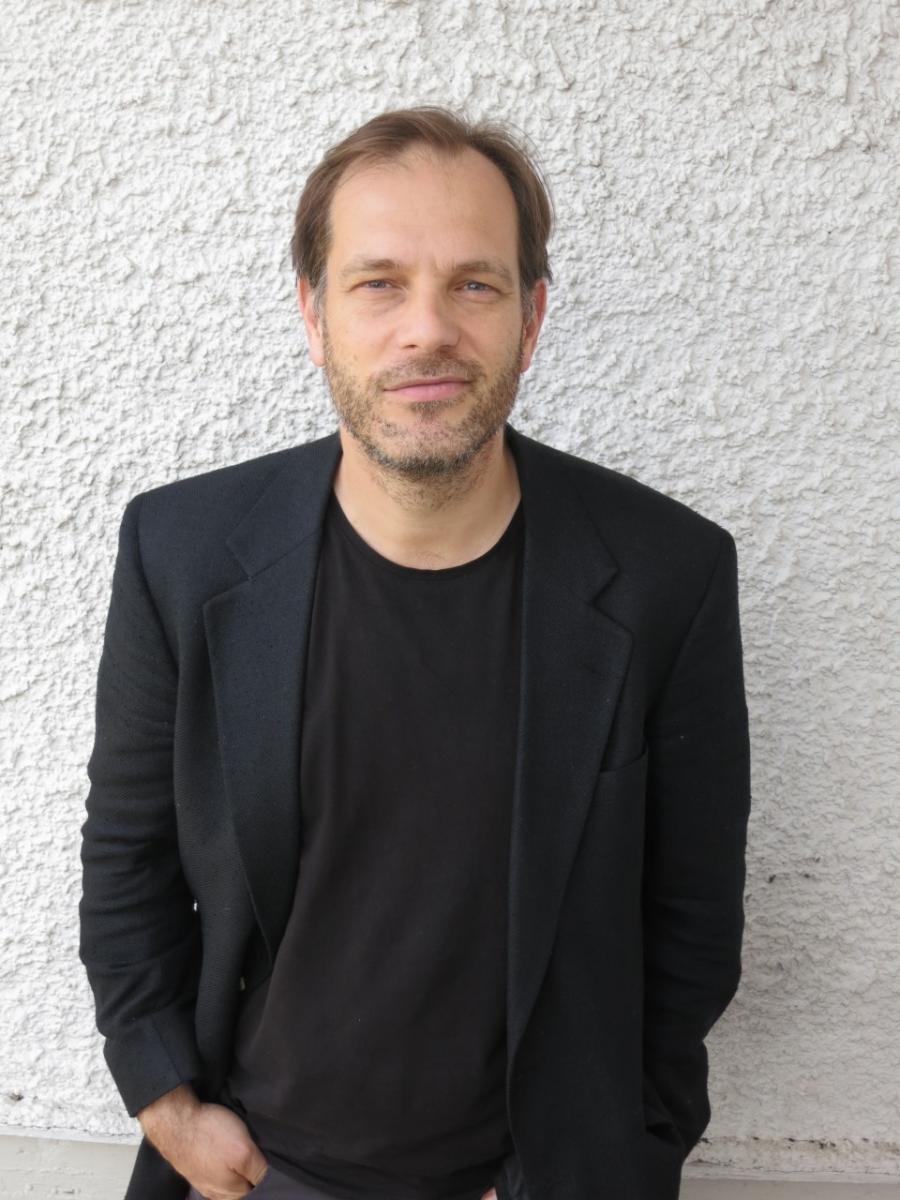Somogy Varga
As part of a larger project on the aim of medicine, I want to focus on the notion of personal autonomy and its relationship to health. For this, a number of challenges that the idea of personal autonomy faces need to be confronted. For example, recent research in psychology and neuroscience seems to indicate that minor situational influences can play a determining role in what we think and do. Instead of concluding that such findings undermine the idea of personal autonomy, as many do, a better option is to recognize that they offer valuable insights that can be used to rethink personal autonomy and to develop a less “intellectualistic” view that can be rendered compatible with the findings. While hierarchical accounts (i.e. accounts that link autonomy to structural relations between desires and values in the agent’s psychology) are less suitable for this task, recent relational approaches that allow relationships beyond the reflective control of individuals to be constitutively relevant for autonomy seem much more promising. Developing a more complex relational account of personal autonomy that can accommodate situational influences will not only help delineate the complex relationship between autonomy and health, but will also carry implications for any practice that depends upon it (including criminal justice and medicine).

